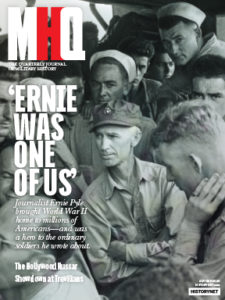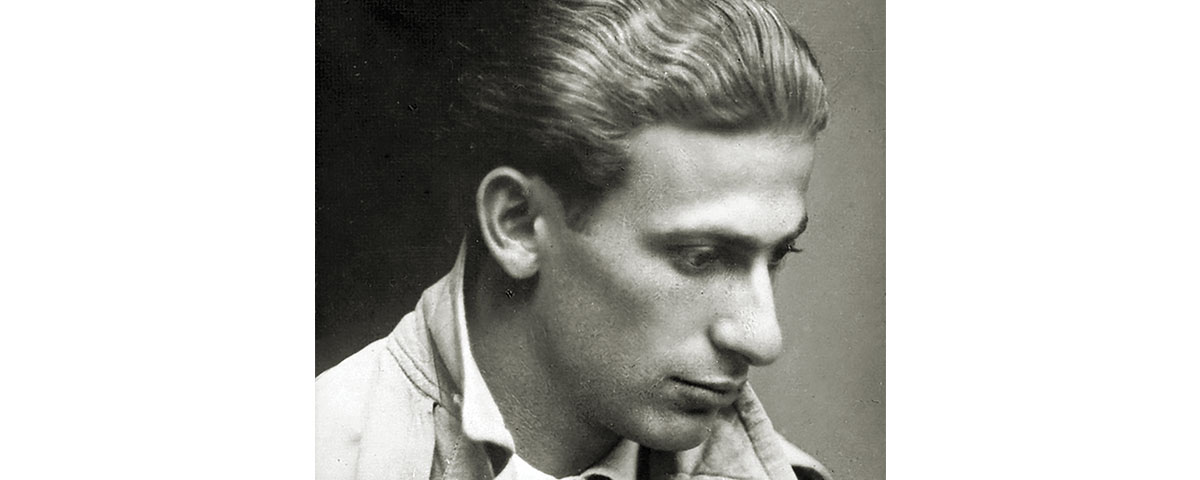Miklós Radnóti was born in Budapest, Hungary, in 1909. His mother died while giving birth to him and his twin brother, who was stillborn, and his father died when he was 12 years old. Radnóti was taken in by relatives, and he worked for a while in an uncle’s textile business before deciding to pursue a career as a writer. He published his first collection of verse in 1930 and began studying Hungarian and French literature at the University of Szeged, where he formed important friendships with many prominent artists and intellectuals. Radnóti published his second volume of poetry in 1931, but Hungarian authorities banned it, branding it indecent, and he barely escaped imprisonment. Radnóti worked for a number of avant-garde magazines in Budapest, and in 1935 he married Fanni Gyarmati. He would go on to publish seven more collections of poetry and a memoir.
With the onset of World War II, Radnóti, a fierce antifascist, was conscripted into a Jewish labor battalion of the Hungarian army but continued to write poems and translate works by others. In 1943, with the political climate in Hungary darkening, Radnóti and his wife converted to Catholicism, but in May 1944 he was drafted into a third term of forced labor and deported to Bor, Yugoslavia (now Serbia), to work in the copper mines that fed the Nazi war machines. In September of that year, as Soviet troops advanced, Radnóti and some 3,600 fellow prisoners were force-marched in retreat from Bor to Szentkirályszabadja, Hungary, where on October 31 he wrote what would be his last poem. Days later, weakened from hunger and torture, Radnóti collapsed and was brutally beaten by a guard who was apparently annoyed by his scribbling in a notebook. Very soon after that, he and 21 other Hungarian Jews who were unable to walk were shot to death and buried in a mass grave.
When Radnóti’s body was exhumed from the grave after the end of the war, a small notebook containing his final five poems, written in pencil, was found in the front pocket of his field jacket. The poems, “Forced March” and four short “Postcards,” were included in Tajtékos ég, a collection of Radnóti’s poetry published in Hungary in 1946 and published in English as Clouded Sky in 1986. The poem that follows is reprinted with permission of Sheep Meadow Press, which published a revised edition of Clouded Sky in 2003.
Postcard 4
I fell next to him. His body rolled over.
It was tight as a string before it snaps.
Shot in the back of the head—“This is how
you’ll end. Just lie quietly,” I said to myself.
Patience flowers into death now.
“Der springt noch auf,” I heard above me.
Dark filthy blood was drying on my ear.
*Translator’s note: “Der springt noch auf” means something like “That one is still twitching.”
[hr]
This article appears in the Autumn 2020 issue (Vol. 33, No. 1) of MHQ—The Quarterly Journal of Military History with the headline: Poetry | The Last Postcard

Want to have the lavishly illustrated, premium-quality print edition of MHQ delivered directly to you four times a year? Subscribe now at special savings!





